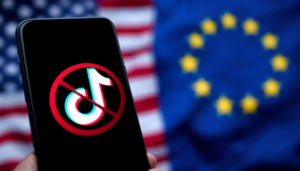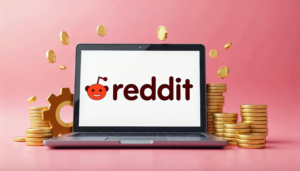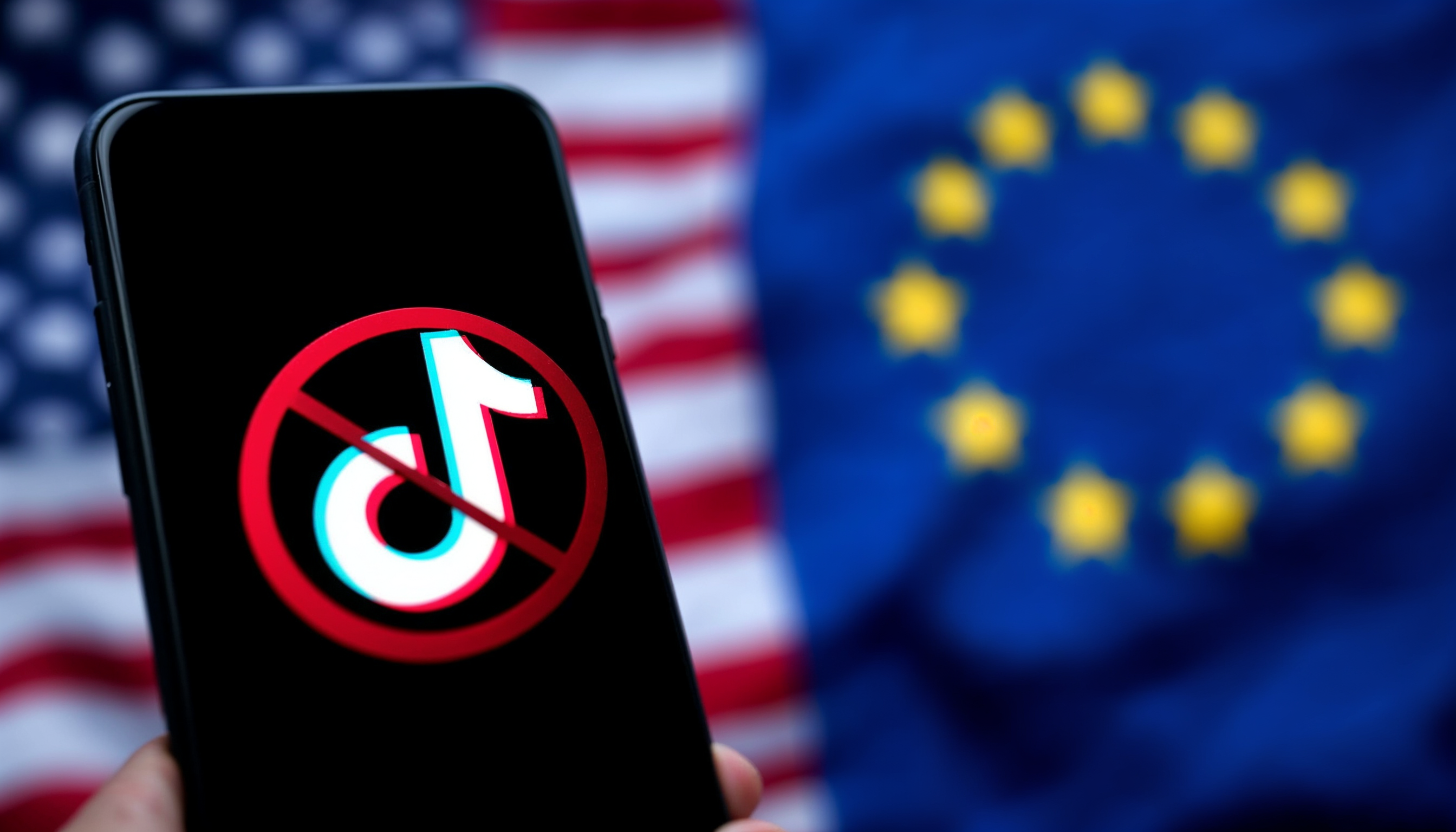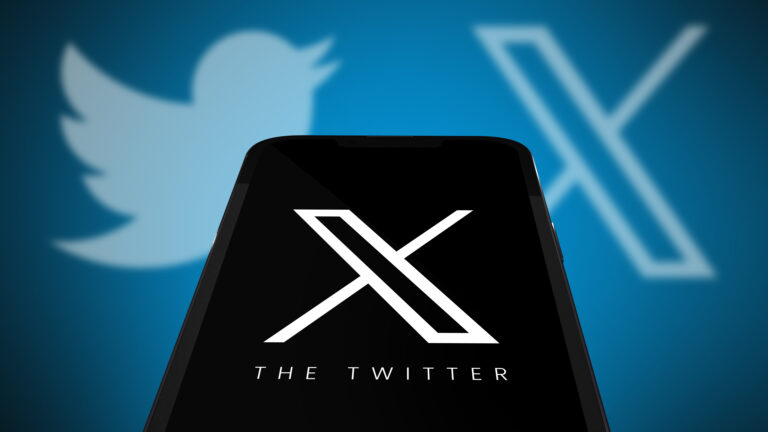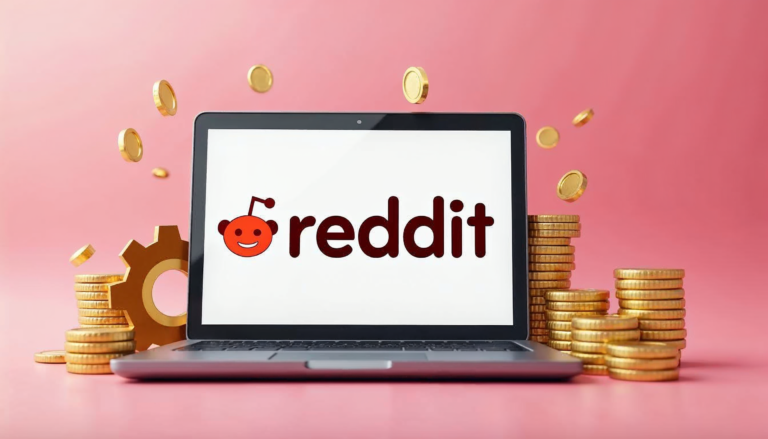TikTok, the popular social media platform known for its viral videos and dance trends, has once again found itself under intense scrutiny, this time regarding data privacy regulations in both the United States and the European Union. As its user base continues to grow, so does the concern about how the platform collects, stores, and shares data about its users. In this article, we’ll break down the current situation, the challenges TikTok faces, and what it means for users, lawmakers, and regulators across the globe.
The Growing Concerns Over TikTok’s Data Privacy Practices
Since TikTok’s meteoric rise to popularity, the app has captivated millions of users around the world, with a significant portion being young, impressionable audiences. This viral platform has revolutionized how people consume content, with its powerful algorithm tailoring each user’s feed to their specific interests, keeping them hooked for hours. It has become an undeniable force in social media, creating trends and making stars out of ordinary people. However, behind the seamless entertainment experience, there lies an increasing concern regarding how TikTok handles personal data.
As TikTok’s influence grows, so does the scrutiny surrounding its data privacy practices. In recent years, governments in the United States and the European Union have intensified their focus on the platform. Data privacy advocates and lawmakers are sounding the alarm about the vast amount of personal data TikTok collects from its users. The platform gathers detailed information on individuals’ behaviors, preferences, location, and even facial features through its filters. With such extensive data collection, the risks to user privacy have become a serious concern, especially when it comes to the potential misuse of this information.
At the heart of the concerns is the question of who ultimately controls the data that TikTok collects. The app is owned by ByteDance, a Chinese tech company, which has raised fears over the possibility that TikTok could be required to share user data with the Chinese government, despite TikTok’s repeated denials. The ownership ties have sparked debates about national security, especially in the United States, where the app’s data collection practices have raised red flags for both lawmakers and intelligence agencies. There are concerns that the Chinese government could use TikTok as a tool for espionage or influence, particularly given the sensitive nature of the data collected by the platform.
This renewed scrutiny is not without merit. As the data privacy debate continues to unfold, both the US and the EU have ramped up their investigations into TikTok’s operations. Lawmakers are now demanding more transparency regarding how the platform collects, stores, and shares user information. At the same time, they are pushing for stricter regulations to ensure that the app complies with data privacy standards, with the hope of protecting vulnerable users from potential exploitation. The spotlight is firmly on TikTok, and the platform faces the challenge of responding to these concerns while maintaining its widespread popularity.
Why Is Data Privacy Such a Big Deal?
- Data privacy refers to the collection, use, storage, and sharing of personal information.
- In today’s digital age, almost every interaction online leaves behind a digital footprint, making data privacy an increasingly critical issue.
- Social media platforms, especially TikTok, collect vast amounts of sensitive data, such as your location, browsing habits, interests, and personal preferences.
- This data is crucial for TikTok’s algorithm, which uses it to deliver personalized content to users, keeping them engaged and hooked.
- While the personalized experience enhances user engagement, it also raises concerns about who controls this data and how secure it is.
- The more data a platform collects, the higher the potential risks to privacy, especially when sensitive information is involved.
- Questions about whether this data is being used responsibly, and whether it’s adequately protected, are at the heart of the ongoing debate about data privacy.
- If this information falls into the wrong hands, it could be misused for advertising, surveillance, or even more harmful purposes.
- The concern over data security extends beyond privacy, as it touches on the potential for identity theft, financial fraud, and even manipulation.
- With global regulations, like the GDPR and COPPA, tightening their grip on data handling, platforms like TikTok are facing increasing pressure to align with these laws to protect users’ privacy.
- The growing use of algorithms that track and predict user behavior makes the need for transparency and accountability even more urgent.
- As platforms continue to expand, users have become more aware of the need for strong privacy protections, and they demand greater control over how their data is used.
- In the case of TikTok, concerns about national security, especially due to its Chinese ownership, further intensify the worries surrounding data privacy.
The Role of TikTok in the Data Privacy Debate
| Data Type | Details | Privacy Concern | Potential Risks | National Security Concern |
| Personal Information | Name, age, email address, phone number | This is sensitive information tied to your identity | Identity theft, fraud, and unauthorized access | Could be used to profile individuals for targeted influence or manipulation |
| Location Data | GPS tracking to determine user’s location | Tracks real-time movements and habits | Stalking, doxxing, and personal safety threats | Potentially used by foreign governments for surveillance or espionage |
| Device Information | Device type, IP address, and unique identifiers | Provides details about the device used | Device vulnerability, malware, or hacking attacks | Could be used to track user behavior or access devices remotely |
| User Activity | Videos liked, shared, and commented on, viewing habits | Gives insight into personal interests and behavior | Misuse for targeted advertising, manipulation of opinions | Data could be analyzed for influencing user decisions or spreading propaganda |
| TikTok’s Ties to China | Ownership by ByteDance, a Chinese company | Concerns over data being accessed by the Chinese government | Data could be shared without user consent | National security risks from potential government access to data |
US Government Scrutinizes TikTok’s Data Handling
In recent years, US lawmakers have become increasingly concerned about TikTok’s data practices, which has led to a growing push to ban the app, especially from government devices. The concern primarily revolves around the possibility that the data collected by TikTok could be shared with the Chinese government, given the app’s ownership by ByteDance, a Chinese tech company. This has sparked heated debates, with some legislators arguing that TikTok poses a national security risk due to its extensive data collection and the potential for misuse of this data by foreign entities.
The US government has taken steps to investigate whether TikTok’s data privacy practices are in violation of existing laws, particularly the Children’s Online Privacy Protection Act (COPPA). This law, which was created to protect the privacy of children online, applies to platforms that collect data from users under the age of 13. With TikTok’s young user base, especially among teenagers, concerns have arisen over the platform’s compliance with COPPA. If TikTok is found to be in violation of this law, it could face significant legal repercussions.
In response to the growing concerns, the Biden administration has increased its efforts to scrutinize TikTok’s data privacy practices. The Committee on Foreign Investment in the United States (CFIUS) has been tasked with investigating the platform’s data handling, particularly focusing on whether its operations pose a national security threat. The investigation centers around the potential for the Chinese government to access user data through its control of TikTok, which has sparked alarm in both government and security circles.
Additionally, individual states like Texas and Montana have taken matters into their own hands by implementing their own bans or restrictions on TikTok. These bans are often targeted at government devices, citing concerns that user data could be compromised by foreign powers. With both federal and state-level scrutiny intensifying, TikTok faces significant pressure to prove that its data handling practices are in compliance with US regulations and that it is taking adequate measures to protect user privacy.
The EU’s Strict Stance on Data Privacy
- The European Union enforces some of the strictest data privacy laws globally, with the General Data Protection Regulation (GDPR) being the cornerstone of these regulations.
- GDPR requires companies to obtain explicit consent before collecting personal data and grants individuals the “right to be forgotten,” which allows users to request the deletion of their personal data.
- TikTok, like other tech companies, has had to adapt its operations to comply with the GDPR. However, there are ongoing concerns about the effectiveness of TikTok’s enforcement of these regulations.
- A key area of concern is TikTok’s handling of minors’ data. Given the large proportion of young users on the platform, there is increased scrutiny over how their data is managed and protected.
- The European Commission has launched investigations into TikTok’s data privacy practices, particularly regarding transparency and how the platform handles users’ data.
- The EU has raised concerns about TikTok’s lack of clarity about how it uses and shares user data, which is essential to GDPR compliance.
- TikTok’s algorithm, which delivers personalized content and ads, is also under investigation for potentially violating EU rules, especially in relation to targeting minors with personalized ads.
Challenges TikTok Faces in Complying with Regulations
| Challenge | Details | Impact on TikTok | Privacy Concern | Regulatory Hurdle |
| Balancing User Experience with Privacy | TikTok’s business model relies on collecting user data to personalize content | The need to deliver a tailored experience clashes with privacy laws | Increased data collection can lead to privacy risks if not managed carefully | TikTok must ensure it complies with strict privacy regulations in both the US and EU |
| Compliance with Global Standards | Data privacy laws vary across regions, such as the stricter GDPR in the EU | TikTok must adapt to multiple regulations across countries | Different laws create confusion and inconsistency in data handling practices | The platform must manage compliance with both regional and national privacy laws |
| Navigating Data Sharing Laws | TikTok’s potential to share data with third parties or foreign governments | Concerns arise about data being shared with the Chinese government | National security issues may arise if sensitive data is exposed or misused | TikTok must protect user data from unauthorized access or misuse by foreign powers |
| Handling Minors’ Data | A large portion of TikTok’s user base is under 18, which brings stricter regulations like COPPA in the US | Non-compliance with children’s privacy laws could result in fines | Data from minors requires additional protections to avoid exploitation or misuse | TikTok must ensure that it follows all laws protecting children’s online privacy |
| Adhering to Local Regulations | The lack of a unified global privacy law means TikTok faces different requirements in every market | Adapting to local laws may require major adjustments to TikTok’s operations | Failure to align with specific country laws could result in penalties or bans | Compliance with various local regulations, from data collection to storage and sharing, presents a significant challenge |
How TikTok is Responding to Data Privacy Concerns
In an effort to address the growing concerns over data privacy, TikTok has taken several important steps to increase transparency about its data practices. The platform has released statements outlining how it collects, stores, and utilizes user data. These efforts aim to provide greater clarity to users and regulators about TikTok’s data handling procedures. Additionally, TikTok has updated its privacy policy to align more closely with regulatory requirements, ensuring that users are better informed about how their personal information is managed. To further demonstrate its commitment to transparency, TikTok has established a “Transparency Center,” where users and regulators can review the company’s data policies and procedures, offering an open channel for scrutiny.
To address concerns over the potential misuse of user data by foreign governments, TikTok has made significant strides in data localization. The company has taken proactive steps by establishing data centers in various countries, including the US and Singapore, to store user data within these regions. This move is intended to ensure that data is not transferred to China or other foreign jurisdictions, where it could potentially be accessed by the Chinese government. By localizing data storage, TikTok aims to mitigate national security concerns and reassure users about the safety of their information.
Moreover, TikTok has made efforts to adapt its operations in order to comply with local regulations in key markets such as the US and EU. In response to the Children’s Online Privacy Protection Act (COPPA) in the US and the General Data Protection Regulation (GDPR) in Europe, TikTok has implemented measures designed to better protect the privacy of minors. For example, the platform now requires parental consent for users under the age of 13, aligning with COPPA’s strict guidelines. Additionally, TikTok has worked to limit the collection of personal data from minors, ensuring that the platform’s data practices are in line with the highest privacy standards for young users. These steps show TikTok’s attempt to better protect its vulnerable user base while adhering to the legal requirements of various regions.



